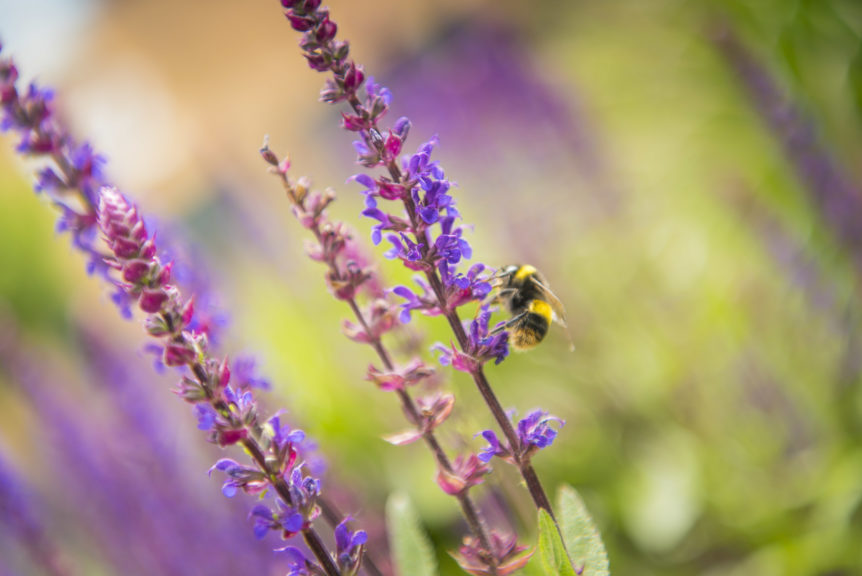News – 7 December 2022
The term Biodiversity refers to the amazing variety of life – animals, plants, fungi, microorganisms – that make up the natural world. The species and organisms interact to maintain balance and support life and are essential to all of us, no matter where we live.
We know that we rely on plants for oxygen and pollinators like bees, butterflies and beetles, amongst other things, but there are other things we get from nature, such as coral reefs that protect coastal areas from tsunamis and trees that absorb air pollution. Around 1.7 million of species of animal, plants and fungi have been identified but there’s possibly 100 million!
We’re experiencing a massive decline in biodiversity for three main reasons:
- a change in land use in particular intensive food production
- over-exploitation in fishing, hunting and harvesting
- climate change affects the ecosystem’s ability to adapt, which makes biodiversity more vulnerable to loss and this then accelerates climate change due to ecosystems not being able to regulate green house gas emissions.
The World Wildlife Fund’s Living Planet report highlighted that globally we have seen a 68% decrease in mammals, bird, fish, reptiles and amphibian populations since 1970. Biodiversity loss is happening at varying rates across the world – 24% in Europe and Central Asia; 94% in Latin America and the Caribbean!
In the UK there are more than 70k known species, but biodiversity is declining. Since the 1970s, there’s been a 13% decline in the average abundance of wildlife in the UK and in England, 25% of mammals and almost 20% of UK plants are threatened with extinction.
Businesses and communities can all have a positive role to play with improving biodiversity locally. At Grand Union we will continue to support the biodiversity 10% net gain for new developments, which is stated in the Environment Act. Our Estates Maintenance team look after sites which include log piles, bat boxes, insect hotels, bird boxes and even a reptile refuge.
We’ve also been running Gardening for Wellbeing sessions for the last two years in Milton Malsor, Northamptonshire, and Flitwick, Bedfordshire. While the focus is on human health and wellbeing, we garden with biodiversity in mind. In particular we pay attention to the bees and butterflies that visit the gardens, as these beautiful and fascinating insects are good indicators of natural health. In the new year we are undertaking a biodiversity trial to help us understand how we can manage our open spaces and help further increase biodiversity in our local communities.



